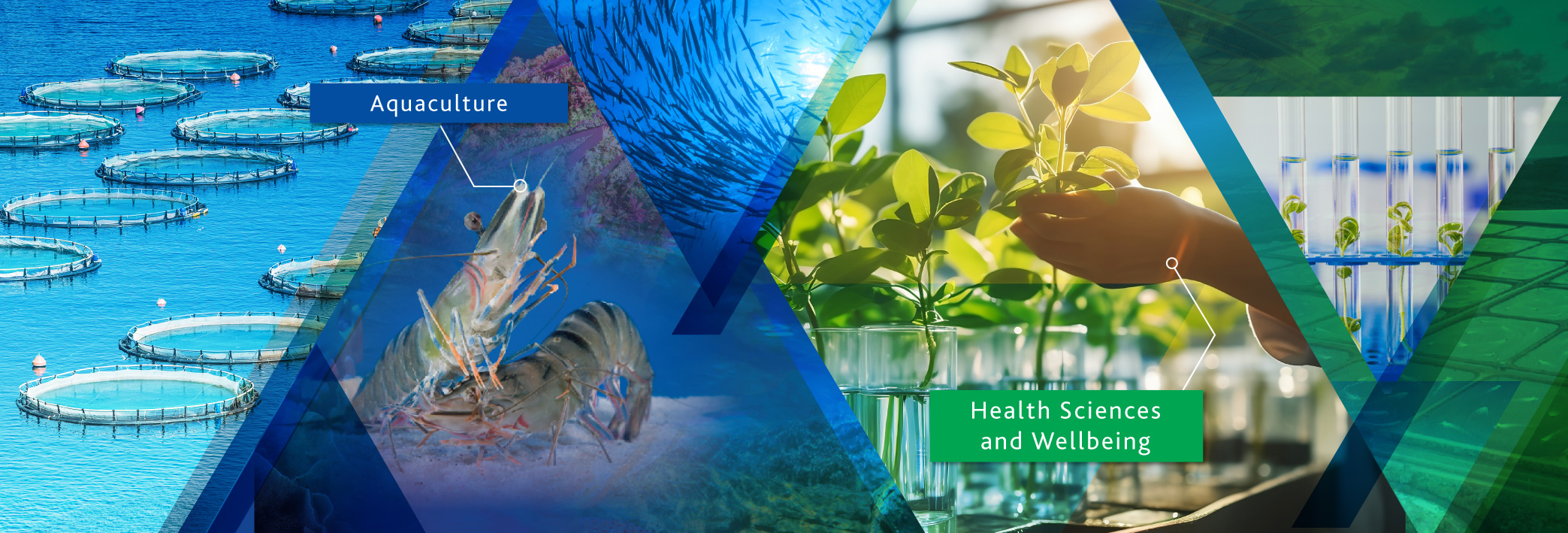





Prof Andreas Lopata heads the Molecular Allergy Research Laboratory within the College of Public Health, Medical and Veterinary Sciences and the Australian Institute of Tropical Health and Medicine and leads the Molecular Immunology Program in the Centre for Molecular Therapeutics. Since joining James Cook University-Townsville in 2011, he has built an internationally recognised research team with a major focus on the diagnosis and treatment of allergies specific to the Asia-Pacific region. Prof Lopata is considered a world leader on seafood allergy and contributes to the development of national and international guidelines and expert committees.
Allergies are reaching worldwide epidemic status with approximately 10% of children being affected by food. Although food allergies are most common among young children, the occurrence of food allergy is increasing in adulthood and will especially in the elderly become more pronounced. While almost 15% of elderly have some type of food allergy, asthma and rhinitis, we know very little about this allergy epidemic in the tropical regions. Allergic diseases represent an old/new emerging health issue, with most of the world's people and two-thirds of its children will be living in the tropics by 2050.
Prof Lopata’s team uses cutting-edge molecular, cellular and population-based approaches in characterising the interactions of different allergen sources with the human immune system, leading to allergic and often chronic inflammatory reactions.

Thimo Ruethers is a Research Fellow in Human Health & Aging at the Tropical Futures Institute and an Adjunct Lecturer in Molecular Biology at James Cook University, Australia. His primary research activities focus on molecular interactions between food and humans, including allergic diseases, with the aim to promote food safety and healthier diets throughout life. Evaluating tropical aquaculture products and novel foods for their potential to trigger food allergies is of particular interest.
As researcher and science communicator, he has contributed to a brighter future in the tropics and worldwide while based in Australia, Austria, Germany, Philippines, Thailand, and Vietnam. He now focuses on Singapore’s healthy, safe, and sustainable food future, utilising over a decade of international interdisciplinary research experience and expertise in allergology, proteomics, immunology and molecular medicine.
Aiming for translational collaborative research excellence and subsequent discoveries that make a difference, he is always interested in hearing from students keen on HDR projects, and from academics, companies, and other stakeholders. Overall and foremost, Dr Ruethers seeks to help overcome challenges in securing humanity's (alternative) food protein needs under careful consideration of food safety, allergic diseases, and planetary health.